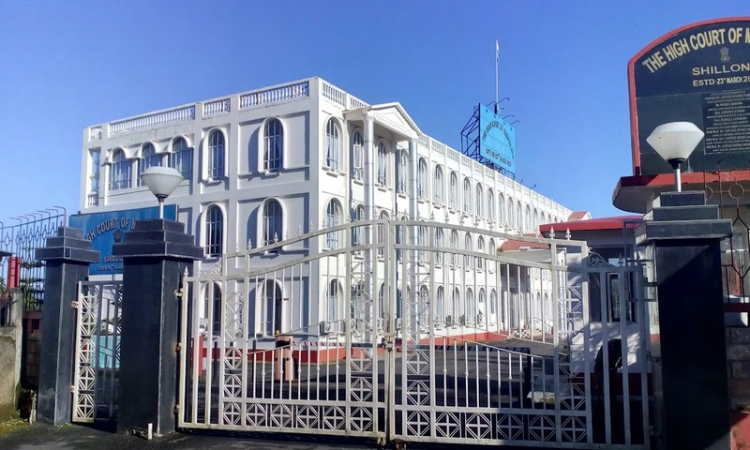'Granting Bail On Humanitarian Grounds Not Legally Tenable': Meghalaya High Court In POCSO Case
Aaratrika Bhaumik
13 Dec 2021 7:23 PM IST

Next Story
13 Dec 2021 7:23 PM IST
The Meghalaya High Court on Friday observed that granting of bail on humanitarian grounds is not legally tenable while setting aside the bail granted to an accused under the Protection of Children Against Sexual Offences Act (POCSO Act). Justice W Diengdoh was adjudicating upon a criminal revision petition seeking to set aside the bail granted to an accused who had allegedly kidnapped,...
